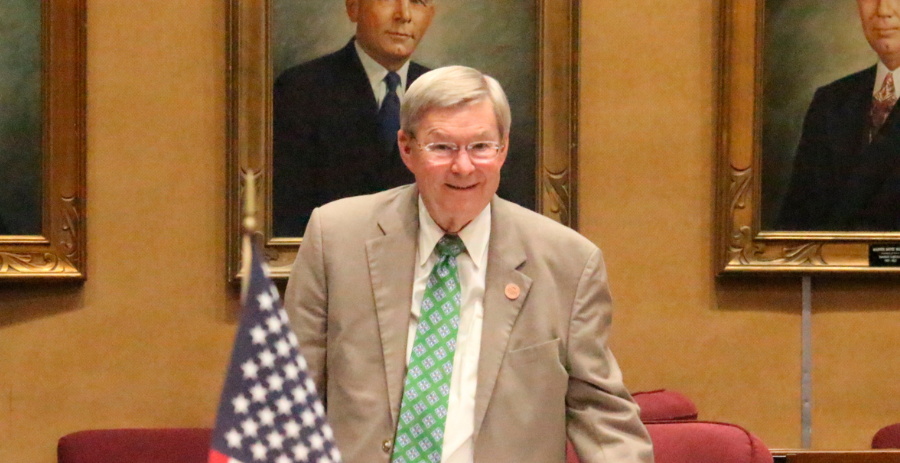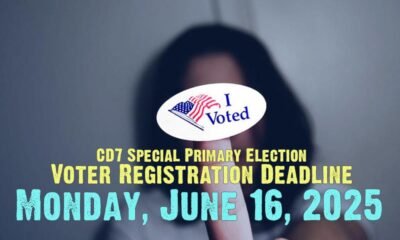2024 ballo
Voter Protection Act: Locking in Proposition Choices for Good

As Arizona gears up for the 2024 ballot, voters are urged to consider the long-term implications of their decisions. The Arizona Constitution stipulates that voter-approved measures cannot be easily repealed by the Legislature; any alterations must go back to the electorate.
Lawmakers can make limited modifications, but such changes need to align with the original intent of the measure and require a three-fourths majority in both the House and Senate. This stringent requirement has led to ongoing frustrations among legislators regarding the Voter Protection Act, which they argue restricts their ability to act effectively.
The roots of this issue trace back to the late 1990s. In 1996, Proposition 200 was introduced, aiming to impose harsher sentences for violent criminals under the influence of illegal drugs. Unexpectedly, it also allowed physicians to prescribe previously illegal substances for seriously ill patients, including not only marijuana but also heroin and LSD.
Despite its passage by nearly two-thirds of voters, the law faced immediate backlash. In 1997, lawmakers amended it, stating that the provisions could only take effect once the medications received approval from the U.S. Food and Drug Administration. This effectively reverted the law’s implementation.
In response, advocates organized two petitions, one of which led to a voter override of the 1997 amendment in 1998. The original law was reestablished, confirming voter power to enact legislation.
The same advocacy group subsequently introduced Proposition 105, which stripped the Legislature of its authority to overturn voter-approved measures, requiring the same three-fourths vote for any alterations—this additional layer of protection garnered bipartisan support.
Despite the approval of Proposition 105, lawmakers have continuously sought ways to circumvent these constraints. Senator J.D. Mesnard proposed a partial repeal in 2016, though his efforts ultimately stalled.
A more recent approach in 2021 aimed to maintain the integrity of the Voter Protection Act while granting lawmakers power to rewrite laws if portions were declared unconstitutional. However, voters decisively rejected Proposition 128 in 2022.
Interestingly, the 1996 medicalization initiative never came to fruition due to hesitancy among doctors to prescribe the listed substances, given the risks involved with regulatory bodies. It wasn’t until 2010 that Arizona enacted a law permitting physicians to “recommend” marijuana, leading to broader reforms a decade later that legalized recreational use.
As Arizona prepares for another pivotal election, the historical context of voter power versus legislative authority remains crucial to understanding the state’s political landscape, with calls for caution echoing among the electorate.


















